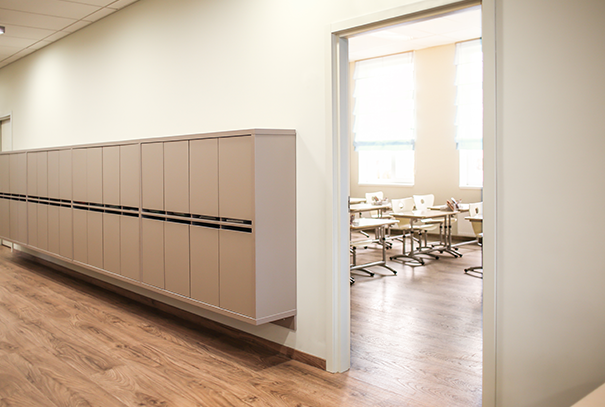
In many cases this can be described as inconsistent, with the information recorded being almost worthless on occasions. Whilst “Johnny fell over” may be accurate to an extent, it would be much more helpful to record why Johnny fell over, how he was injured and what treatment was given.
Sometimes the inconsistency is as a result of the accident book being completed by several different people. This can lead to the detail recorded varying in quality, whilst those schools that allow only a handful of people (or even one person) to record information generally do this to a much higher standard.
Another area of concern relates to the Reporting of Incidents, Diseases & Dangerous Occurrences Regulations (RIDDOR). These regulations place a duty on schools (as well as all employers) to report certain injuries to the Health & Safety Executive. This includes:
- Injuries to staff that result in them being absent from work for seven days or more or that result in a serious injury such as fracture of a major bone or a serious burn.
- Occupational diseases diagnosed by a doctor including carpal tunnel syndrome, occupational dermatitis or hand-arm vibration syndrome.
- Specified dangerous occurrences including the collapse of a lift or load bearing equipment or a fire caused by an electrical fault.
- Injuries to pupils that arise from a work activity and where the pupil is taken straight from the scene of the incident to hospital and receives treatment.
In the latter case, all three conditions must be met for the incident to be reportable under RIDDOR. In deciding whether a ‘work activity’ is possibly to blame, the school needs to consider if there was a failure in the way the activity was organised, a problem with the way equipment or substances were used or the condition of the premises. Basically, did the school possibly do something wrong?
So, after ensuring that the initial information recorded is accurate and sufficient, the next stage is to decide if an investigation is needed. This could be necessary because something went wrong and there is now the opportunity to examine systems and make improvements (thus hopefully preventing a recurrence), or it could be because there is potential for a civil action to be made against the school and information needs to be collected that may be required to help defend against this.
Whilst certainly not an extensive list, the accident investigation should include anything relevant. This could be:
- Full details of the circumstances
- Any relevant risk assessments
- Inspection records for the equipment or area concerned
- Witness statements
- Photographs
- CCTV footage
The more you can collect the better. Use it as a tool to make any necessary improvements, and then retain it just in case.
Gallagher can provide guidance and training for your staff on accident investigation, or can coordinate investigations if required.

